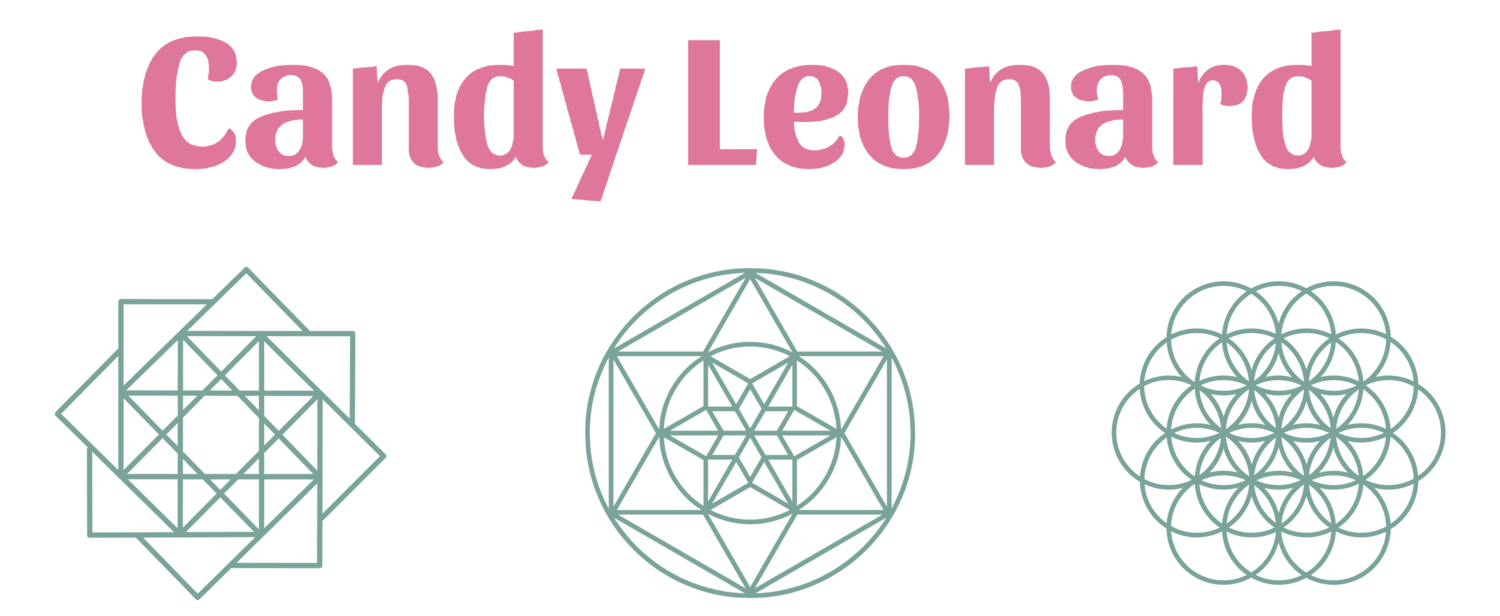John Lennon: A Voice for Feminism?
Conventional wisdom about the Beatles is that they got people to think differently about gender in the 60s. Yes, they had a more androgynous appearance, and their lyrics were generally more positive and less misogynist than those of their contemporaries, but there really wasn’t a shred of feminist consciousness in the entire Beatles project. Let me be clear: I don’t fault them for that. They were four young men who grew up in post-war Liverpool, products of their time and place. And they were uniquely clever, creative young men, intellectually curious and musically gifted. They went on to inspire a cultural revolution that indirectly fueled second wave feminism, but the movement wasn’t on their radar.
Second and third generation Beatle fans are surprised to learn about John’s dark side. They are surprised to learn that he was a violent guy in his youth and was violent on at least one or two occasions with his first wife, Cynthia. But an important part of John’s life story, a part rarely talked about, is that when he got together with Yoko she sparked a feminist consciousness in him. In all the good and the bad books I’ve read about Lennon, I don’t recall any discussion of his evolution towards feminism.
No one can completely escape their socialization, but it seems that Lennon came to understand the foolishness of male supremacy; how it harms women in their everyday lives and how all of humanity loses when half of humanity is not allowed to flourish. And by all accounts, he felt genuine remorse for his violent past.
In the sad aftermath of the Senate’s 2018 vote to confirm Brett Kavanaugh to the Supreme Court, despite credible testimony from the woman accusing him of sexual assault years earlier, Better Midler posted a clip of John and Yoko performing “Woman Is The Nigger of the World” on the Dick Cavett Show, from May, 1972. Enough people were offended that Midler removed the post. She also offered two apologies and assured her social media followers that she’s an ally. It’s not for me to say what someone might find offensive, but I thought it was unfortunate that the song’s intended message, as urgent today as in 1972, was lost in the controversy.
I’d seen this clip from the Cavett Show many times, including at age sixteen when it first aired. But the thing that struck me as I watched it this time was John’s demeanor as he chatted with Cavett and explained how the song came about. John seemed open and sincere about how he’d come to a new understanding of women’s place in society. Acknowledging that he used to be “more of a chauvinist,” he was now eager to spread the word.
John was pleased that Congressman Ron Dellums of California, head of the Congressional Black Caucus at the time, supported the song’s sentiment, and unlike others – “mostly white men,” John quipped – didn’t “react strangely to it.” Lennon read a statement from Dellums:
“If you define ‘nigger’ as someone whose lifestyle is defined by others, whose opportunities are defined by others, whose role in society is defined by others, the good news is that you don’t have to be black to be a nigger in this society. Most of the people in America are niggers.”
Many times since December 8, 1980 I’ve thought about whether John would have remained an outspoken feminist. Seeing all the misogynists in positions of power and the everyday sexism of even well-meaning progressive men, I wonder about all the baby boomer men who grew up with the Beatles and looked up to John Lennon. Could he have raised the consciousness of male fans who hung on his every word, all those years ago? Could he have been a powerful advocate for those who hold up the other half of the sky?




